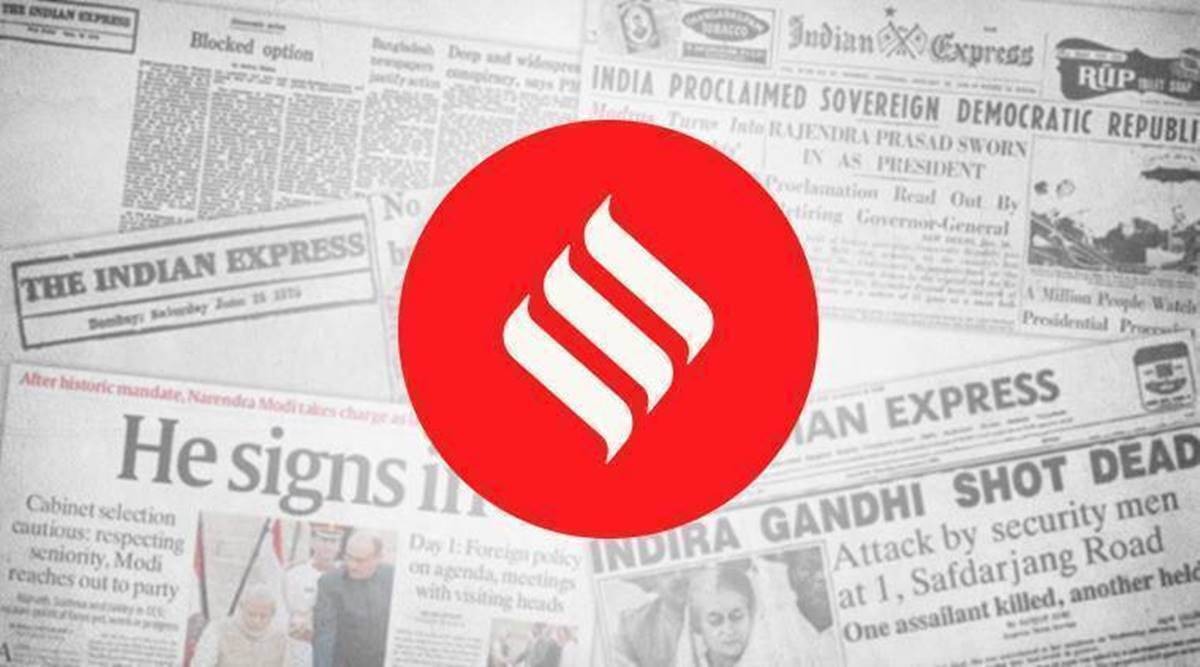 During his 45-minute meeting with Modi, Nepal Prime Minister Sher Bahadur Deuba invited Delhi to take up the long stuck West Seti hydro power project, which was once taken up by Australia but abandoned, and later coveted by China Three Gorges Corporation.
During his 45-minute meeting with Modi, Nepal Prime Minister Sher Bahadur Deuba invited Delhi to take up the long stuck West Seti hydro power project, which was once taken up by Australia but abandoned, and later coveted by China Three Gorges Corporation. Prime Minister Narendra Modi’s visit to Lumbini on Buddha Poornima was intended to convey that the shared culture between India and Nepal is far more valuable than the money that China has been pouring into the birthplace of the Buddha. If the Modi government’s early reliance on a Hindu connect to win influence in Nepal did not have the desired effect, the carefully chosen date and destination of Modi’s fifth visit to Nepal since becoming Prime Minister was a push to make up for lost time and opportunity with another shared religion. Lumbini is also where China’s presence looms close to the Indian border, from a Beijing financed airport to a Chinese monastery. The announcement of a joint India-Nepal plan to give Lumbini its rightful place in the Buddhist circuit promoted by Indian tour operators, the Prime Minister’s reiteration that this was the birthplace of the Buddha, and the laying of the foundation stone for an Indian monastery are belated attempts to deploy Indian soft power to reclaim some space in India’s Himalayan neighbour. The real potential for turnaround in bilateral relations, though, lies via the more mundane route of infrastructure projects. One of the big stumbling blocks in the India-Nepal relationship used to be Delhi’s inability to complete agreed upon infrastructure projects in Nepal, including roads, railway lines and mega power projects. Over the last few years this has changed.
During his 45-minute meeting with Modi, Nepal Prime Minister Sher Bahadur Deuba invited Delhi to take up the long stuck West Seti hydro power project, which was once taken up by Australia but abandoned, and later coveted by China Three Gorges Corporation. The offer follows India’s success with the 900 MW Arun III hydropower project, developed by Satluj Jal Vidyut Nigam (SJVN), a joint venture between the Centre and the Himachal Pradesh government. Among other significant agreements signed during Modi’s visit is a proposed collaboration between Madras IIT and Kathmandu University for a joint degree programme, and a second in the higher education sector between Indian Council of Cultural Relations and Lumbini Buddhist University for the establishment of a Dr Ambedkar Chair for Buddhist Studies.
The spadework for the agreements in diverse sectors signed during the six-hour visit, was clearly done well ahead. Deuba, who replaced K P Sharma Oli as the Prime Minister last year, and was in New Delhi on an official visit in April, appears to have had a calming effect on bilateral ties roiled by stormy weather in recent years. The Prime Minister’s remark that bilateral ties are “as stable as the Himalayas” may have been more aspirational than accurate and, as a goal, also conveys a sense of the distance that both sides need to travel.
Best of Express Premium
- The Indian Express website has been rated GREEN for its credibility and trustworthiness by Newsguard, a global service that rates news sources for their journalistic standards.

